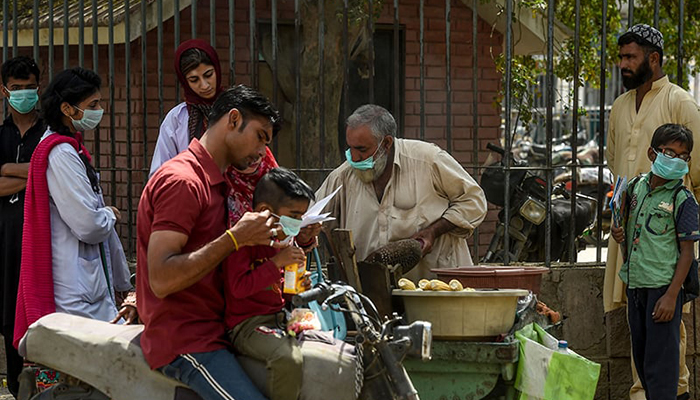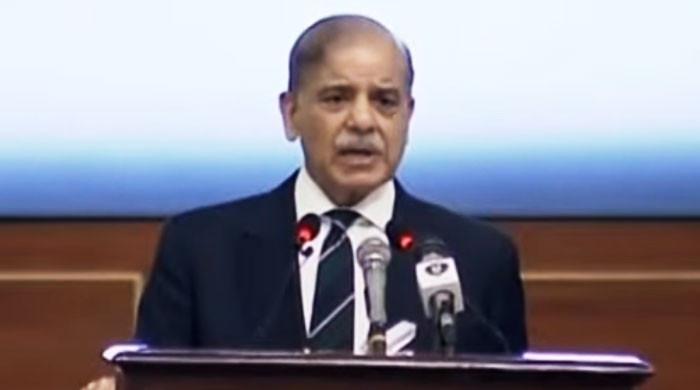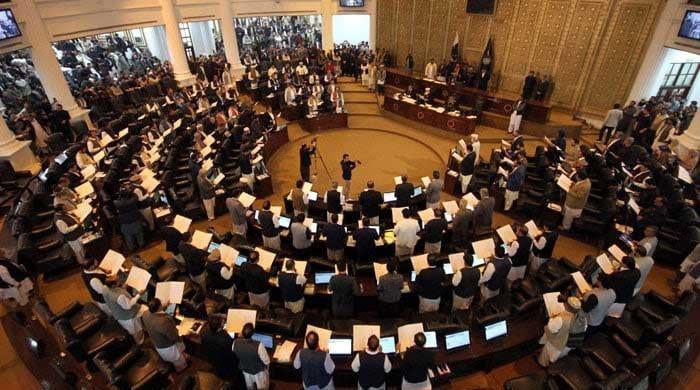Pakistan sees uptick in coronavirus cases for five straight days
The number of cases which had dipped to a low of 213 on August 30, have begun to climb, hitting 513 on Sep 4
September 05, 2020

Pakistan's coronavirus cases have consistently registered an uptick over the last five days, with more than 500 reported in the last 24 hours.
A look at the government's COVID-19 portal reveals that the number of cases which had dipped to a low of 213 on August 30, began to climb thereafter, hitting 513 on September 4.
The distribution of cases shows that infections had been on a decline since August 20 when 630 new cases were reported.
However, an increase was witnessed from 213 on August 30, to 300 on August 31, 441 on September 1, 424 on September 2, 498 on September 3 and 513 on September 4, raising concerns as educational institutions across the country are due to open in ten days.
The country's National Command and Operations Centre (NCOC) is expected to convene a session on Monday for a final overview of the situation before a formal announcement for the reopening of schools on September 15 is made.
Last month, the government lifted most of the country's remaining coronavirus restrictions after new cases dropped for several weeks.
Restaurants and parks have reopened while people have flocked to theatres, malls, and crowded back onto public transport.
To date, the country has reported upwards of 298,000 cases and continues to record a daily rise in the hundreds.
All the while, masks have become an increasingly rare sight, spurring warnings from experts for the public to remain vigilant over fears of a second wave.
"People think we have defeated COVID-19 but my belief is that the chances of the second wave are still there," warned Hassan Waseem, a microbiologist.
However, other doctors suspect the country has experienced the peak of the pandemic.
"I would reluctantly say that there won't be a second wave in Pakistan. Most urban centres in Pakistan like Lahore and Karachi have already seen the worst when it comes to coronavirus," said Waheed Uz Zaman Tariq, head of the department of virology and infectious diseases at Chughtai Lab.
"People must also understand that (the virus) is not completely gone," he added. "Precautions must be taken still."
With additional input from AFP.











